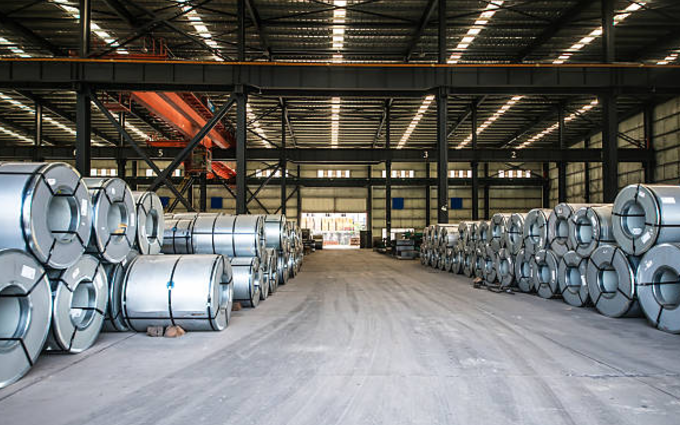
Posted on Wednesday, November 1, 2023
Importing steel coil into Egypt involves navigating costs, tariffs, delivery logistics, and quality considerations.
The total cost of importing steel coil into Egypt includes several components:
To import steel coil into Egypt, it is crucial to understand the applicable tariffs and regulations:
Efficient delivery requires a well-coordinated plan:
Before finalizing your purchase, inspect the following:
Q: Are there restrictions on importing steel coils into Egypt?
A: Yes, steel imports are subject to quality standards and regulatory approvals. Ensure all documentation, including the certificate of origin and quality certification, is in order.
Q: How can I reduce import costs?
A: Explore trade agreements that Egypt participates in, negotiate shipping terms, and work with experienced logistics providers to optimize costs.
Q: What documents are required for customs clearance?
A: Essential documents include the commercial invoice, packing list, bill of lading, certificate of origin, and quality certifications.
Q: How long does it take to import steel coils into Egypt?
A: The duration depends on the exporting country, shipping method, and customs clearance. On average, it takes 3-6 weeks.
Q: Can I import steel coils from any country?
A: Yes, but ensure the supplier complies with Egyptian quality standards and anti-dumping regulations.
Importing steel coil into Egypt requires a thorough understanding of costs, tariffs, and logistics. By partnering with reputable suppliers and logistics providers, and staying updated on regulations, you can streamline the process and ensure successful imports. Prioritize quality assurance and proper documentation to avoid delays or penalties.
For more assistance, contact import experts or consult with customs brokers specializing in steel imports to Egypt.

Used Purlin Roll Forming Machines for Sale Worldwide
Posted on Sunday, January 25, 2026
Pre-Owned Roll Forming Machines for Purlin & Structural Steel Profiles

Used Roof Panel Roll Forming Machines for Sale Worldwide
Posted on Sunday, January 25, 2026
Pre-Owned Roll Forming Machines for Roofing Panel Production

Used Roll Forming Machines for Sale Worldwide
Posted on Tuesday, January 20, 2026
Pre-Owned Roll Forming Machines with Inspection, Verification & Global Support

Steel Coil Supply for Roll Forming Machines Worldwide
Posted on Tuesday, January 20, 2026
Reliable Steel Coil Supply for Roll Forming, Fabrication & Manufacturing Applications
Copyright 2026 © Machine Matcher.